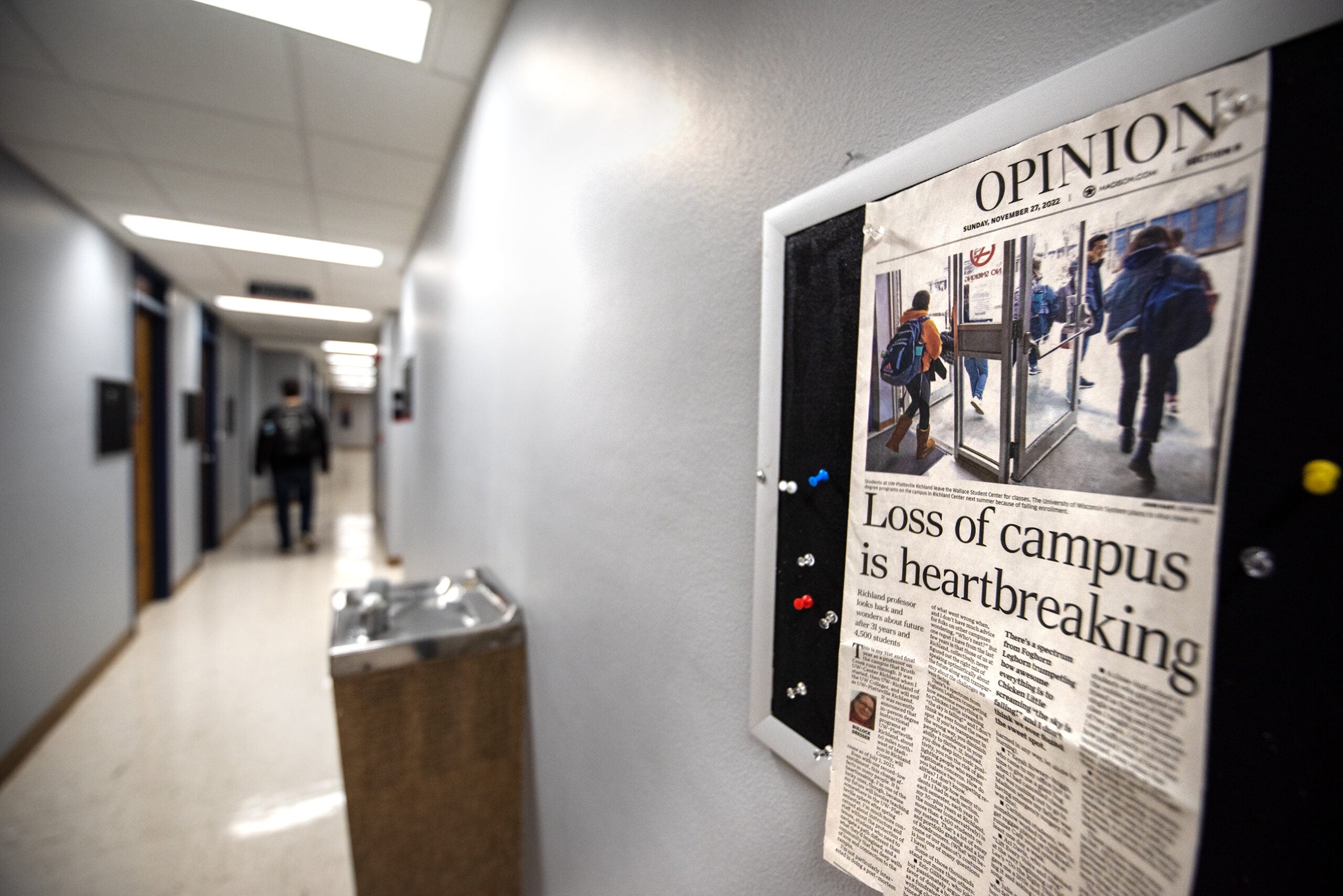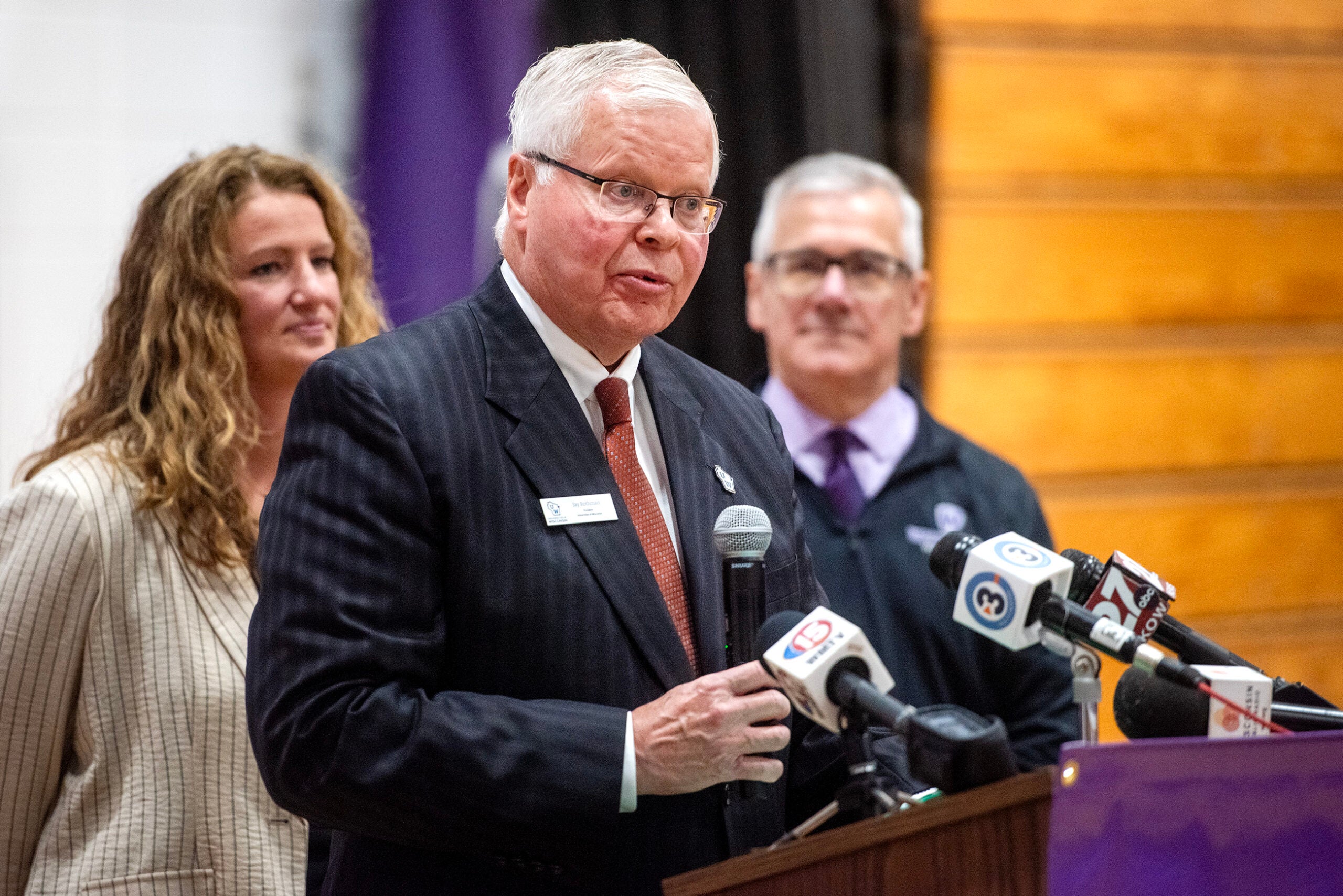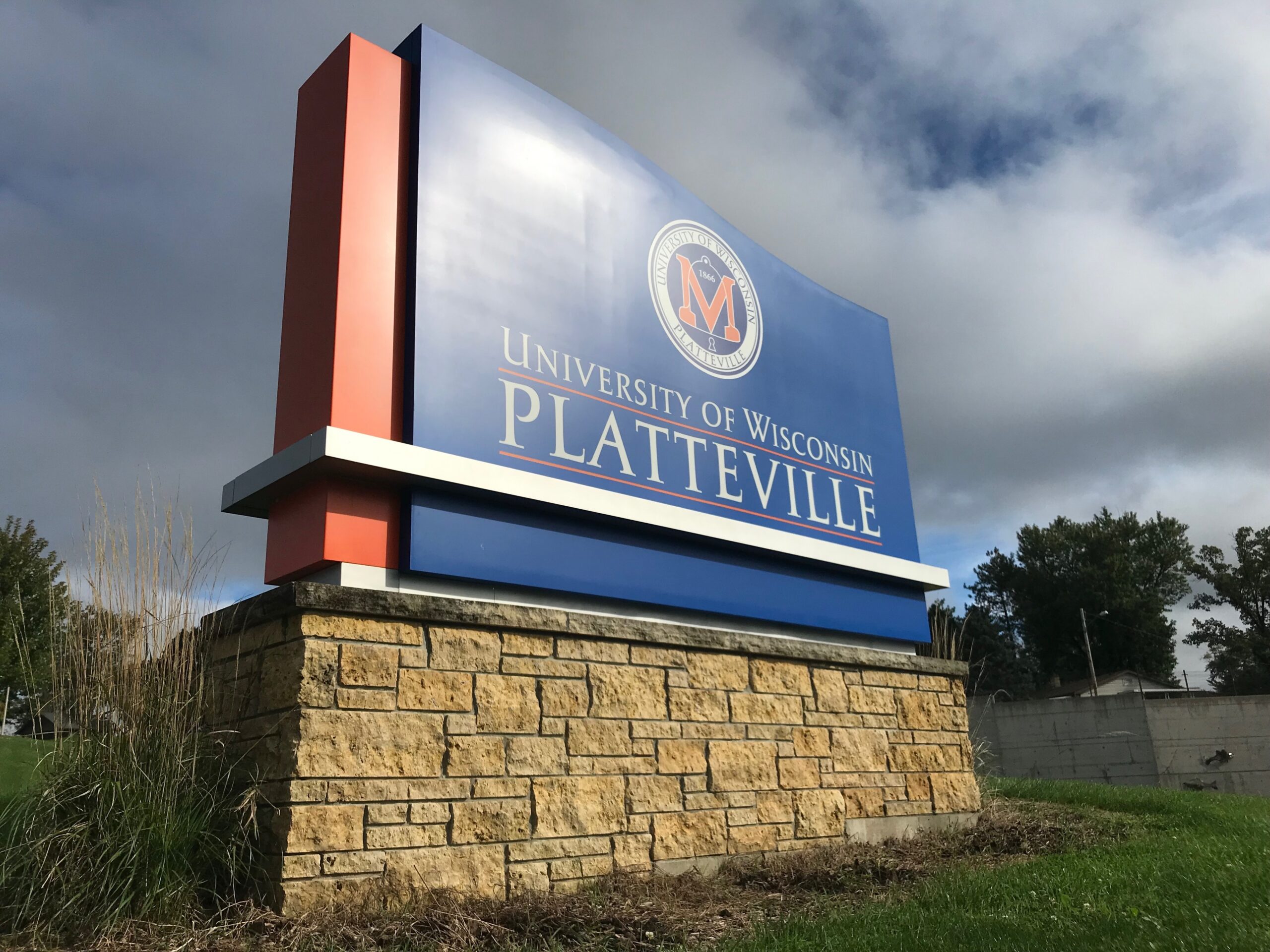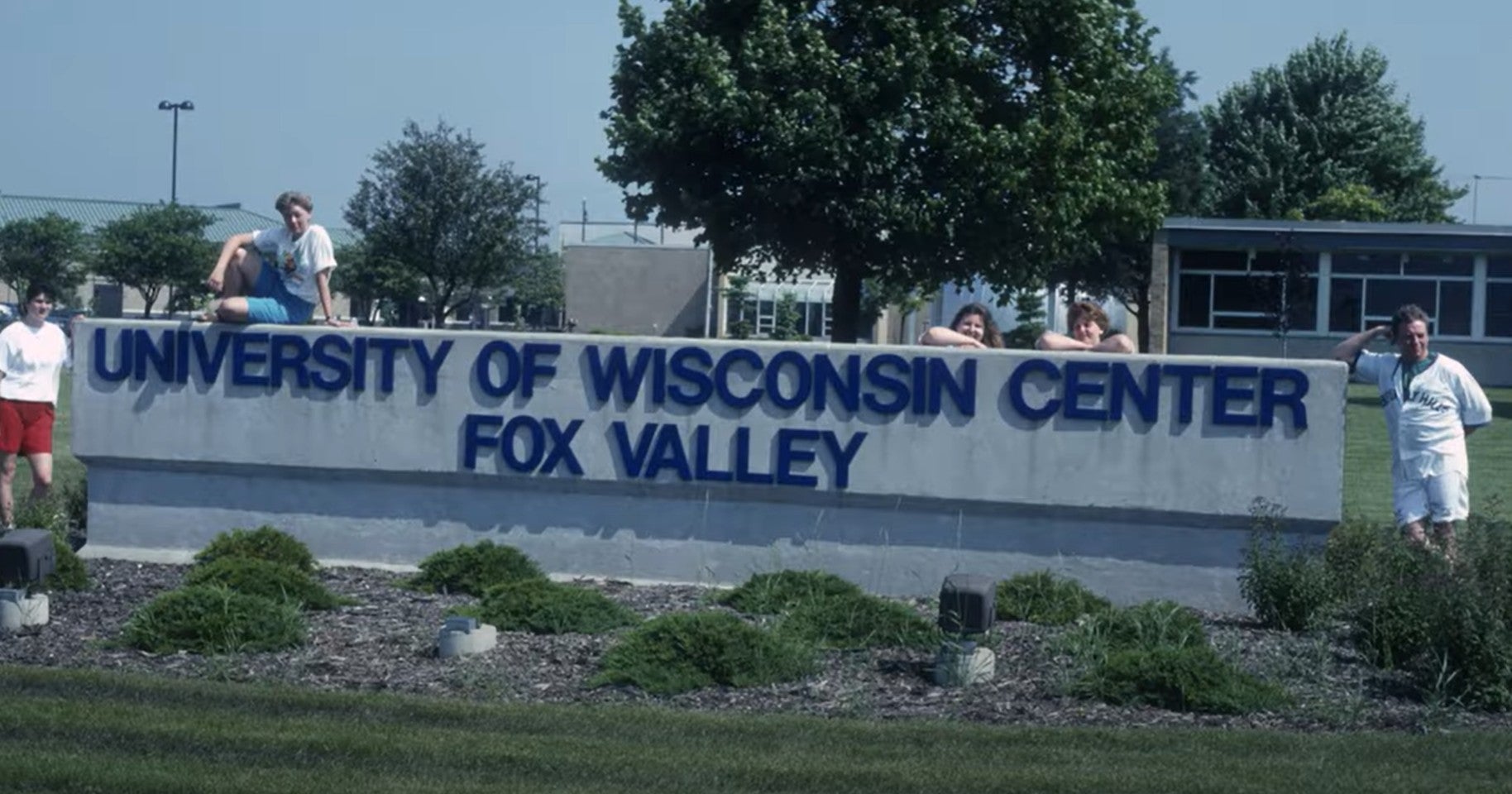The same day that the University of Wisconsin-Madison temporarily moved all classes online due to spikes in positive coronavirus tests, UW-Whitewater Interim Chancellor Greg Cook said he believes his campus isn’t far behind. Other UW campuses around the state are also seeing a growing presence of COVID-19 on campus.
During a meeting of the Whitewater Common Council on Wednesday evening, Cook urged members to adopt ordinances that would have capped indoor gatherings to 10 people and limited outdoor gatherings to 25. As the council debated the issue, which ultimately failed, Cook alerted members that UW-Madison had just canceled in-person classes for two weeks.
“To be honest with you, we’re not far behind,” said Cook. “And it’s going to have an impact on the city. This is a last-ditch effort, really, for us to ask for any tool we can implement to try to squash this increase in the viral spread.”
News with a little more humanity
WPR’s “Wisconsin Today” newsletter keeps you connected to the state you love without feeling overwhelmed. No paywall. No agenda. No corporate filter.
According to UW-Whitewater’s COVID-19 dashboard, there have been 80 new cases out of 483 tests conducted at the campus clinic between Aug. 28 and Sept. 9. That works out to a 17 percent positive rate, which is higher than rates in Walworth, Rock and Jefferson counties and the state as a whole.
Cook said if the university is forced to move classes online “in the next few weeks,” students will disappear and many might not come back.
“We’re going to lose millions and millions of dollars of tuition revenue that will put the university in jeopardy,” Cook said. “It will put your businesses in jeopardy.”
A university spokeswoman said Cook wasn’t available for a followup interview Thursday.
The UW-Platteville’s student health services has reported 48 positive cases of COVID-19 out of 284 tests between Aug. 31 and Sept. 9. That works out to a positive rate of nearly 17 percent. UW-Platteville spokesperson Paul Erickson said the campus is still ramping up twice-monthly surveillance testing of its 3,000 students living in campus residence halls.
Our positive rate is going to be a little bit higher right now because we intentionally are testing the people who are symptomatic or may be symptomatic,” said Erickson. “In other words, we want to test the students who are at risk first before we do general testing.”
The UW System began issuing daily reports showing testing data from the state’s 13 universities and respective branch campuses. The latest report lists the UW-Eau Claire as having a 10 percent positive test rate and UW-La Crosse as having a 12 percent rate.
The UW System report also shows a number of campuses with positive test rates below 1 percent, partly due to low numbers of samples. Those include UW-Milwaukee, which reported 26 total tests but no new positives, UW-Parkside, which reported 83 tests and no new positives, and UW-River Falls, which reported 48 total tests and no new positives.
According to UW-Green Bay’s COVID-19 dashboard, there was one reported case out of 224 tests conducted on Wednesday. Amber Allen, the executive director of primary care quality and innovation at Prevea Health, which staffs the campuses student health center, said they’re not sure why the positivity rate has been so low.
“Honestly, it’s a little bit interesting to see how that’s played out,” said Allen. “There’s not a great explanation for why they’re seeing such a low, low rate of positivity, and it certainly doesn’t mean that it doesn’t exist.”
Allen said it’s likely the rate will increase in the future. She said the campus is planning to test between 180 and 200 dorm residents per day using antigen tests purchased by the UW System. Allen said there haven’t been supply issues with antigen test kits but the campus has had intermittent challenges when trying to purchase supplies for RT-PCR tests, which are used for diagnosis.
A spokesperson for the UW System said Thursday that they’ve received and distributed 63,600 antigen tests to the campuses other than UW-Madison, which has its own testing program. Another 10,000 are expected this week.
Wisconsin Public Radio, © Copyright 2025, Board of Regents of the University of Wisconsin System and Wisconsin Educational Communications Board.







